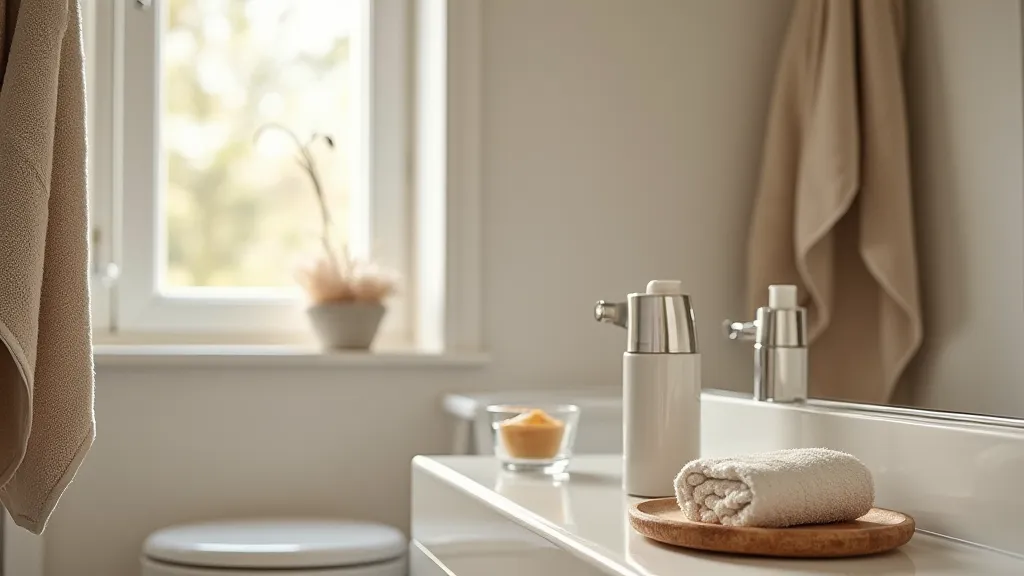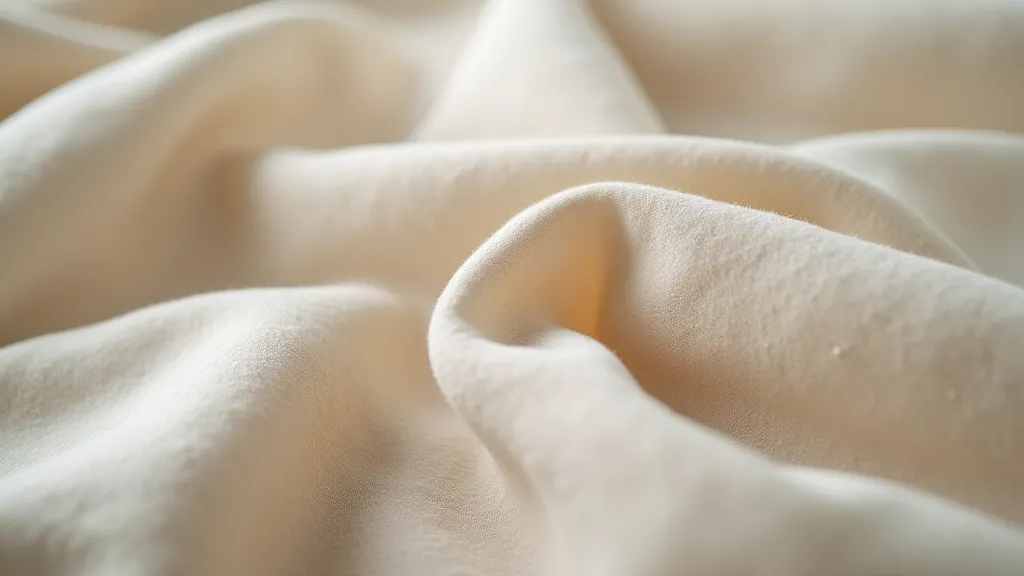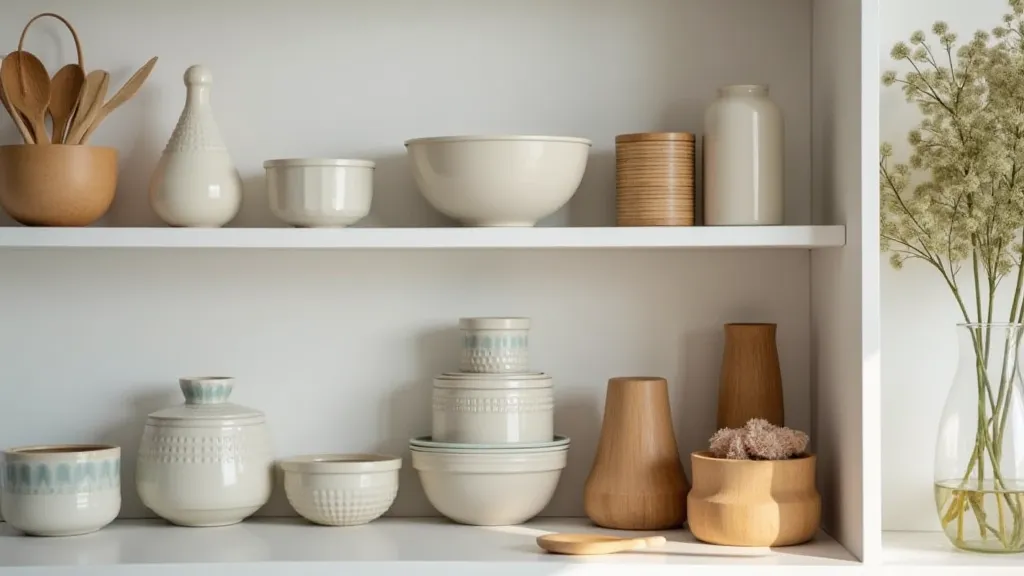Eco-Friendly Home Products: A Comprehensive Guide to Sustainable Choices
Navigating the world of eco-friendly home products can be confusing. It’s great that you’re looking to make sustainable choices for your home, but with so many options, it’s easy to feel overwhelmed. This guide breaks down the best sustainable options for every room, focusing on materials, benefits, and what to look out for.
Why Choose Eco-Friendly Home Products?
The environmental impact of traditional home products is significant. From resource extraction to manufacturing processes and eventual disposal, conventional choices often contribute to pollution, deforestation, and waste. Switching to eco-friendly alternatives reduces your carbon footprint, supports ethical labor practices, and often leads to healthier living environments. Considering the broader impact of your purchases is also key, and adopting a more conscious consumption mindset can be a truly transformative step. For those looking to dig deeper into making ethical purchasing decisions, our guide, Conscious Consumption: Making Ethical Purchasing Decisions, provides a comprehensive overview of how to assess brands and products.

The Kitchen: Sustainable Swaps for Food & Cleaning
The kitchen is a major area for improvement. Here's how to make a difference:
- Dish Soap & Cleaning Supplies: Look for concentrated, plant-based options in refillable containers or make your own using simple ingredients like vinegar and baking soda. Often, reducing waste through DIY solutions is a crucial step towards a more sustainable lifestyle.
- Kitchenware: Consider bamboo cutting boards, wooden utensils, and silicone baking mats as alternatives to plastic.
- Food Storage: Ditch plastic wrap and bags! Beeswax wraps, reusable silicone bags, and glass containers are excellent choices. Minimizing food waste goes hand-in-hand with using sustainable storage options.
- Sponges & Scrub Brushes: Opt for natural loofah sponges, coconut fiber scrub brushes, or compostable cellulose sponges.
The Bedroom & Bathroom: Comfort with a Conscience
Your bedroom and bathroom are spaces dedicated to relaxation and self-care. Ensure they reflect your commitment to sustainability:
- Bedding: Organic cotton, bamboo, and linen are fantastic choices for sheets, blankets, and comforters. Look for certifications like GOTS (Global Organic Textile Standard). Prioritizing natural fibers and organic certifications helps ensure responsible sourcing and production.
- Towels: Similar to bedding, bamboo and organic cotton towels are soft, absorbent, and gentle on the planet.
- Bath Mats: Natural rubber or jute bath mats are durable and eco-friendly alternatives to synthetic options.
- Toiletries: Look for shampoo bars, conditioner bars, and soap bars to reduce plastic waste. Consider refillable containers for liquid products. Often, reducing consumption and embracing minimalism can simplify your life and minimize your impact – a shift towards Minimalist Living: Declutter Your Life for a More Sustainable Future can be a powerful way to reduce waste and live more intentionally.

Living Room & Home Decor: Stylish & Sustainable
Creating a beautiful and sustainable living space is entirely possible. Here’s how:
- Furniture: Look for furniture made from reclaimed wood, bamboo, or sustainably harvested timber. Supporting businesses that prioritize recycled materials and sustainable forestry practices is essential.
- Rugs: Natural fiber rugs, such as jute, sisal, or seagrass, are durable, stylish, and biodegradable.
- Decorations: Choose decorations made from recycled materials or natural elements like wood, stone, and plants.
- Curtains: Organic cotton or linen curtains are a stylish and eco-friendly window covering option.
Beyond the products themselves, considering where your food comes from is another vital component of a sustainable lifestyle. For those interested in producing their own food, our guide, Growing Your Own Food: A Beginner's Guide to Sustainable Gardening, offers a practical introduction to creating a thriving garden.
Beyond the Purchase: Extending the Lifespan of Your Products
Choosing eco-friendly products is only part of the equation. To maximize their sustainability, focus on extending their lifespan:
- Repair: Mend broken items whenever possible. Learning basic repair skills can significantly reduce waste.
- Reuse: Find new uses for old products. Creativity and resourcefulness are key to extending the life cycle of materials.
- Recycle: Properly recycle materials that can’t be repaired or reused. Understanding local recycling guidelines is crucial for ensuring materials are processed correctly.
- Donate: Give unwanted items a second life by donating them to charities or organizations. Sharing resources within your community minimizes waste and supports those in need.

Deeper Dive: Materials & Certifications
Let’s take a closer look at some key materials and certifications to look for when purchasing eco-friendly home products:
- Organic Cotton: Grown without harmful pesticides and fertilizers, organic cotton is better for the environment and safer for consumers. Look for GOTS certification.
Resources for Finding Eco-Friendly Home Products
Many online retailers and local stores specialize in eco-friendly home products. Research brands carefully to ensure they align with your values and offer genuine sustainability. Look for certifications and transparent sourcing practices. Check for third-party certifications such as Fair Trade, Forest Stewardship Council (FSC), and Cradle to Cradle. Don't be afraid to ask questions about a company’s environmental and social responsibility policies.
Making the switch to eco-friendly home products can feel like a big undertaking, but every small change contributes to a more sustainable lifestyle. Embrace the journey and enjoy the benefits of a healthier home and a healthier planet!





